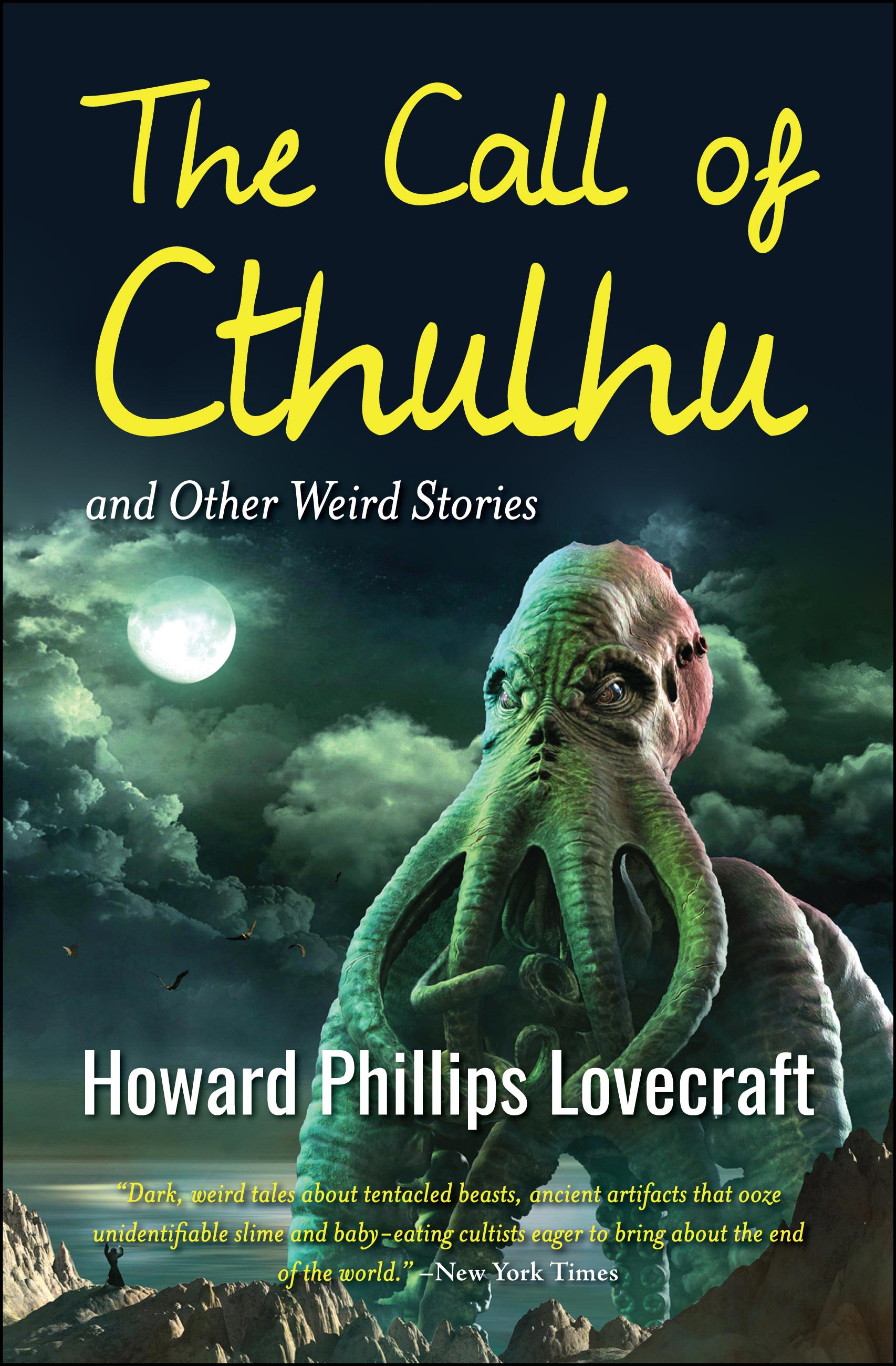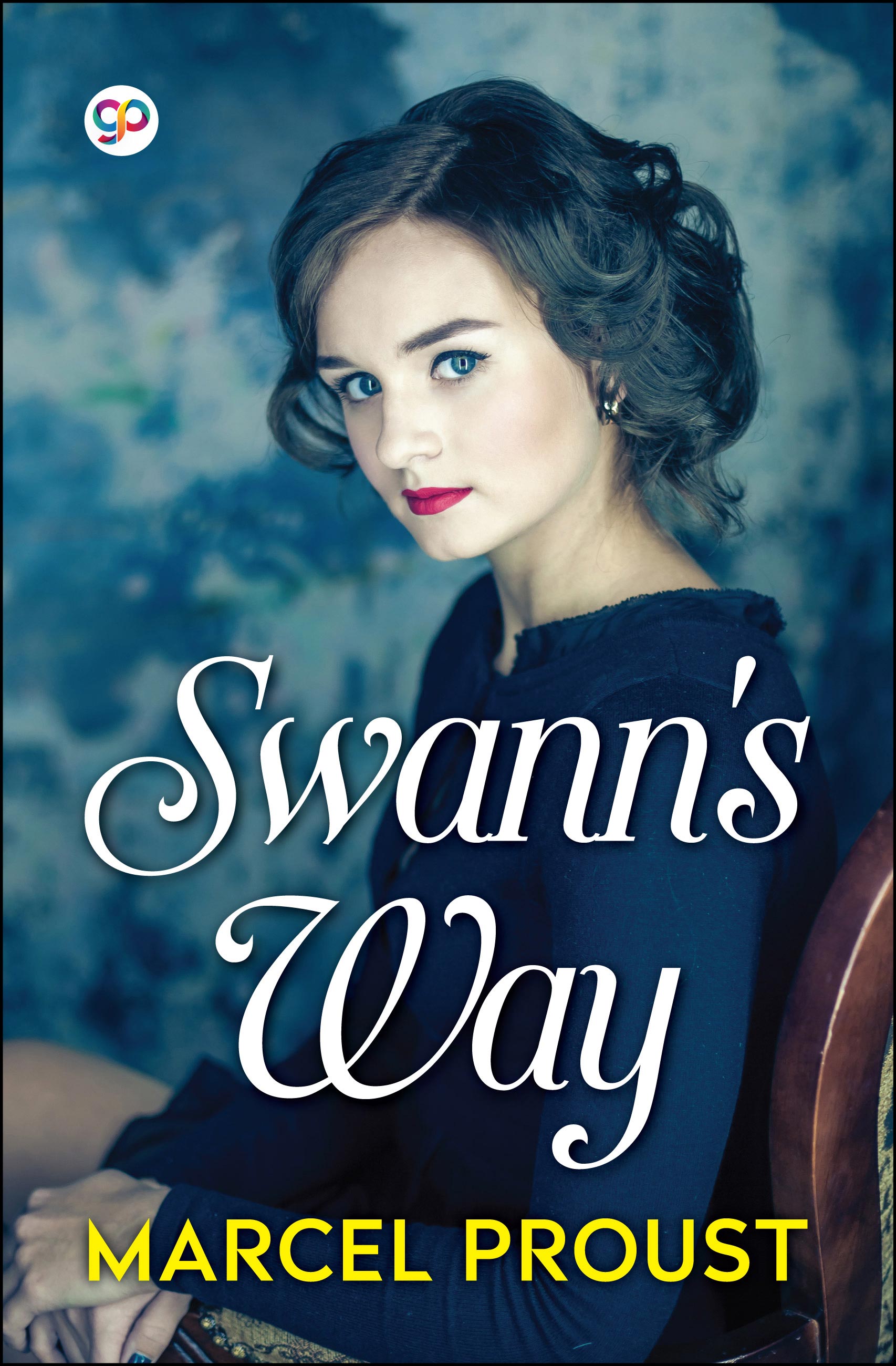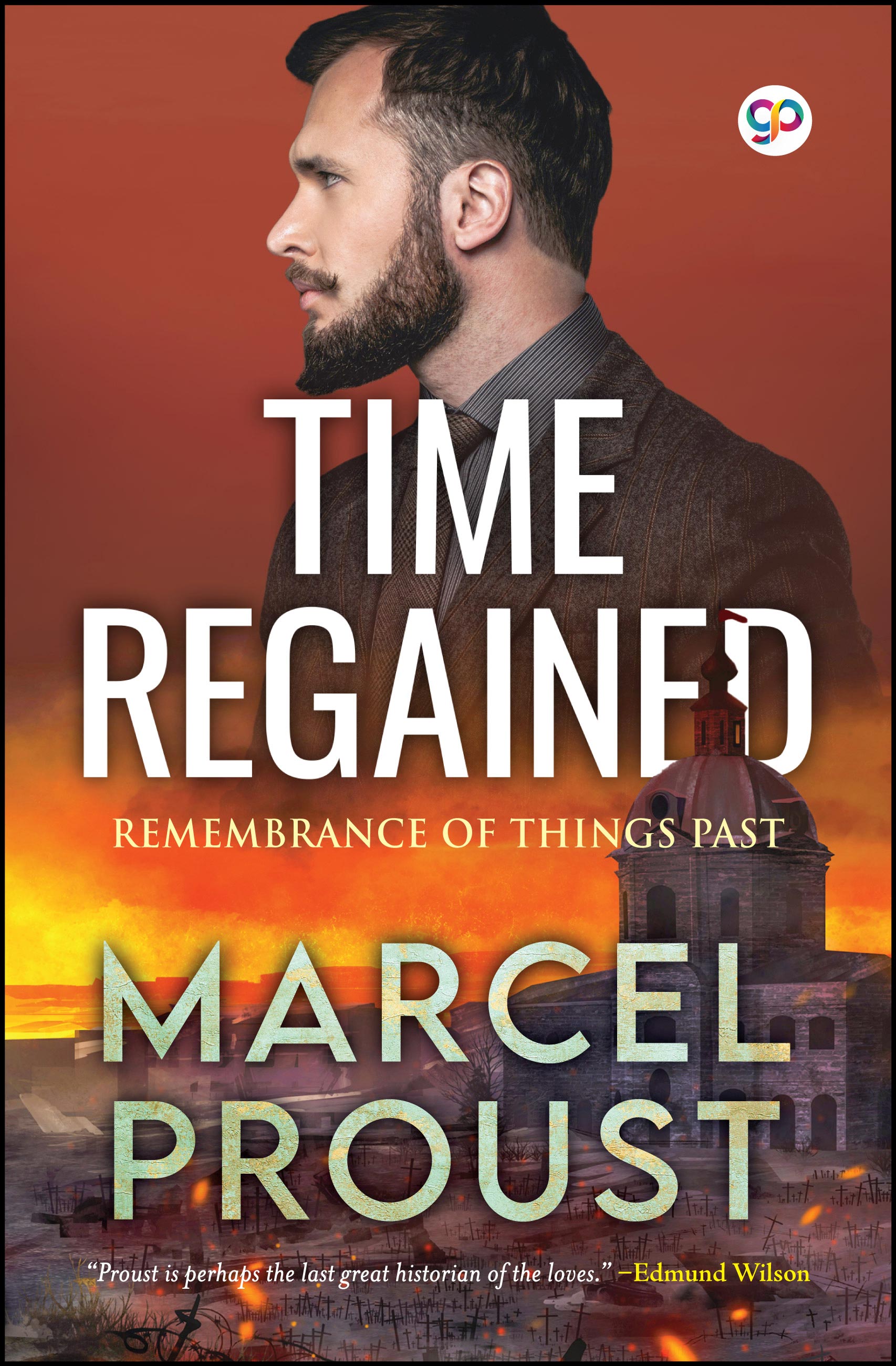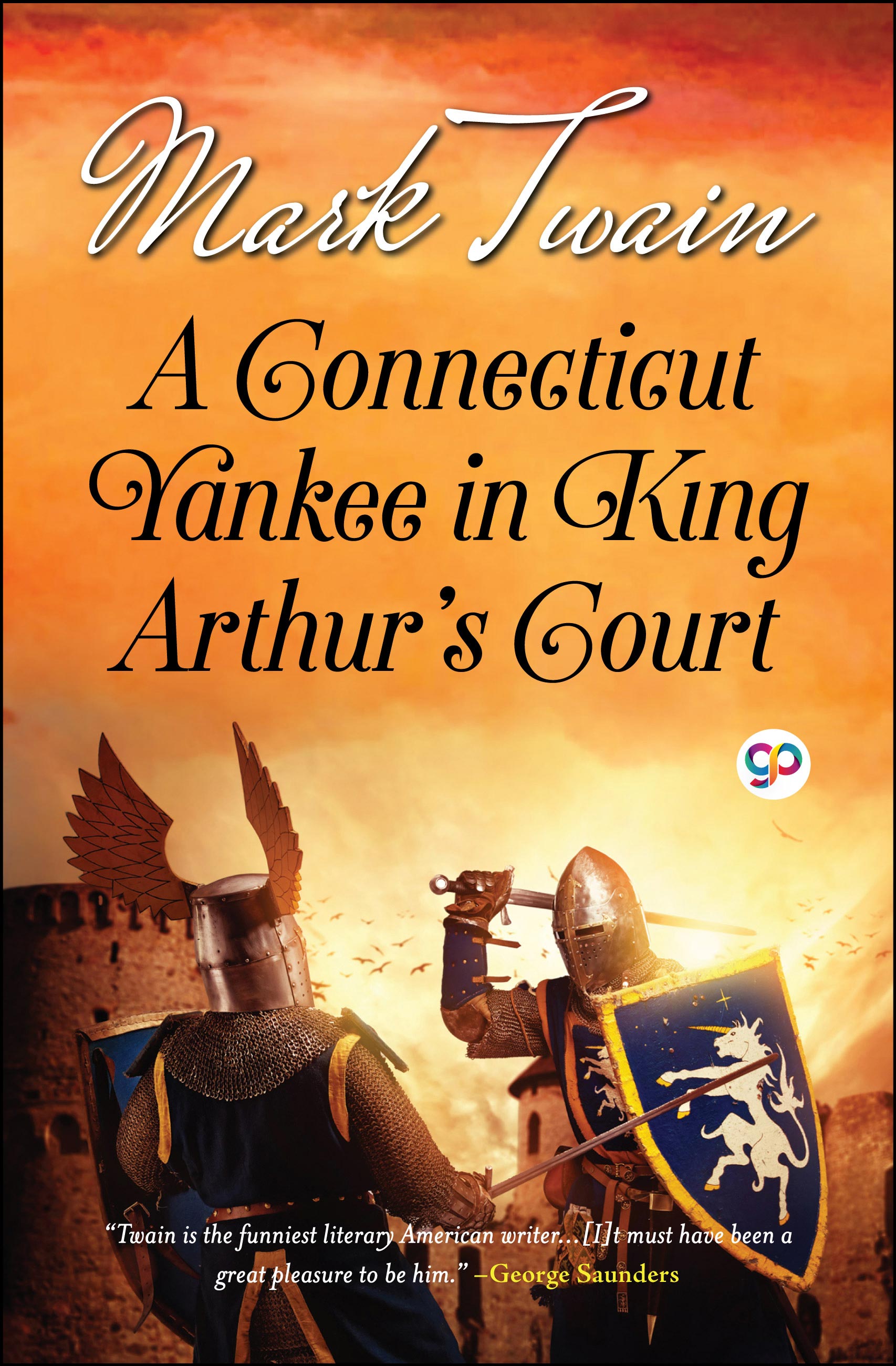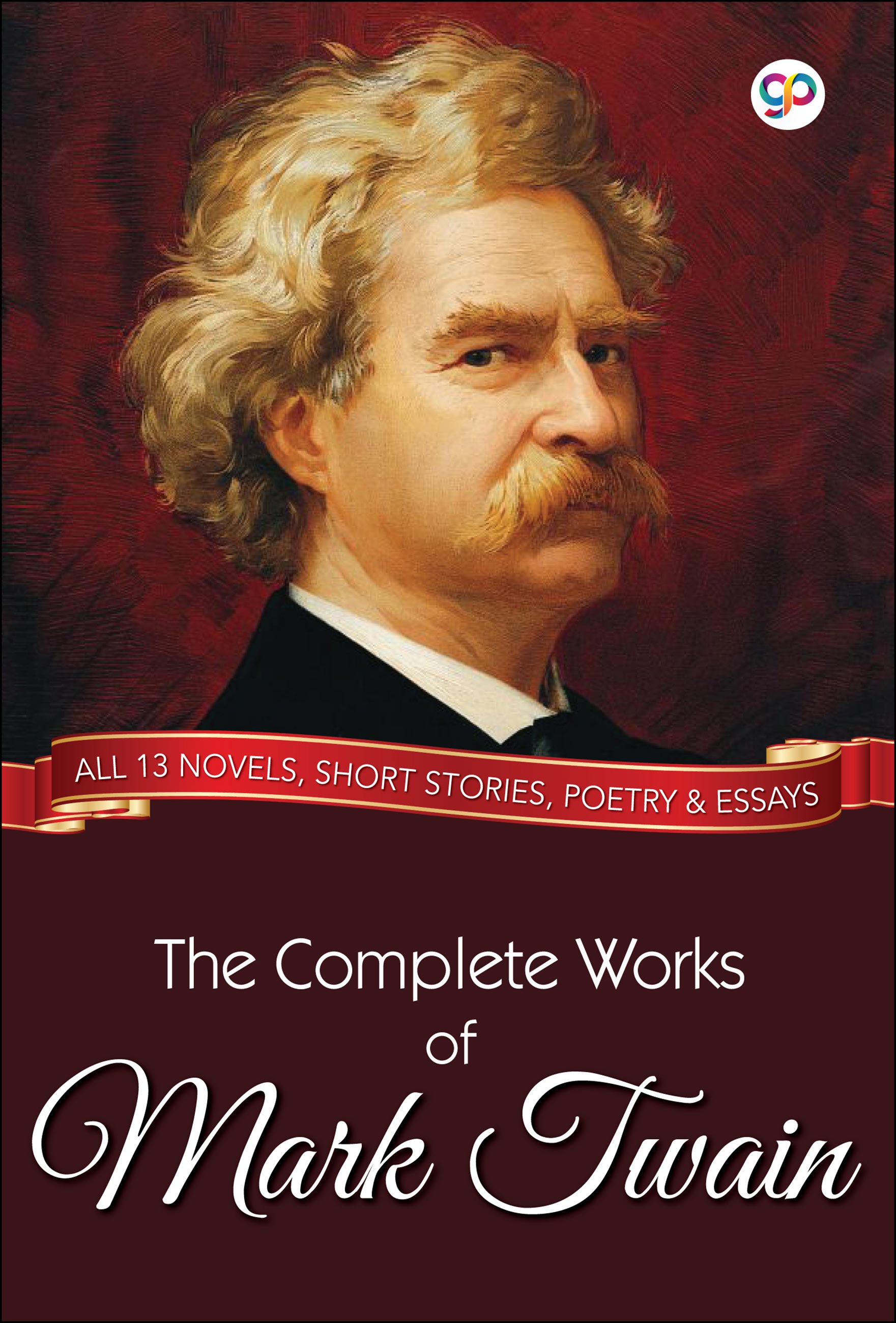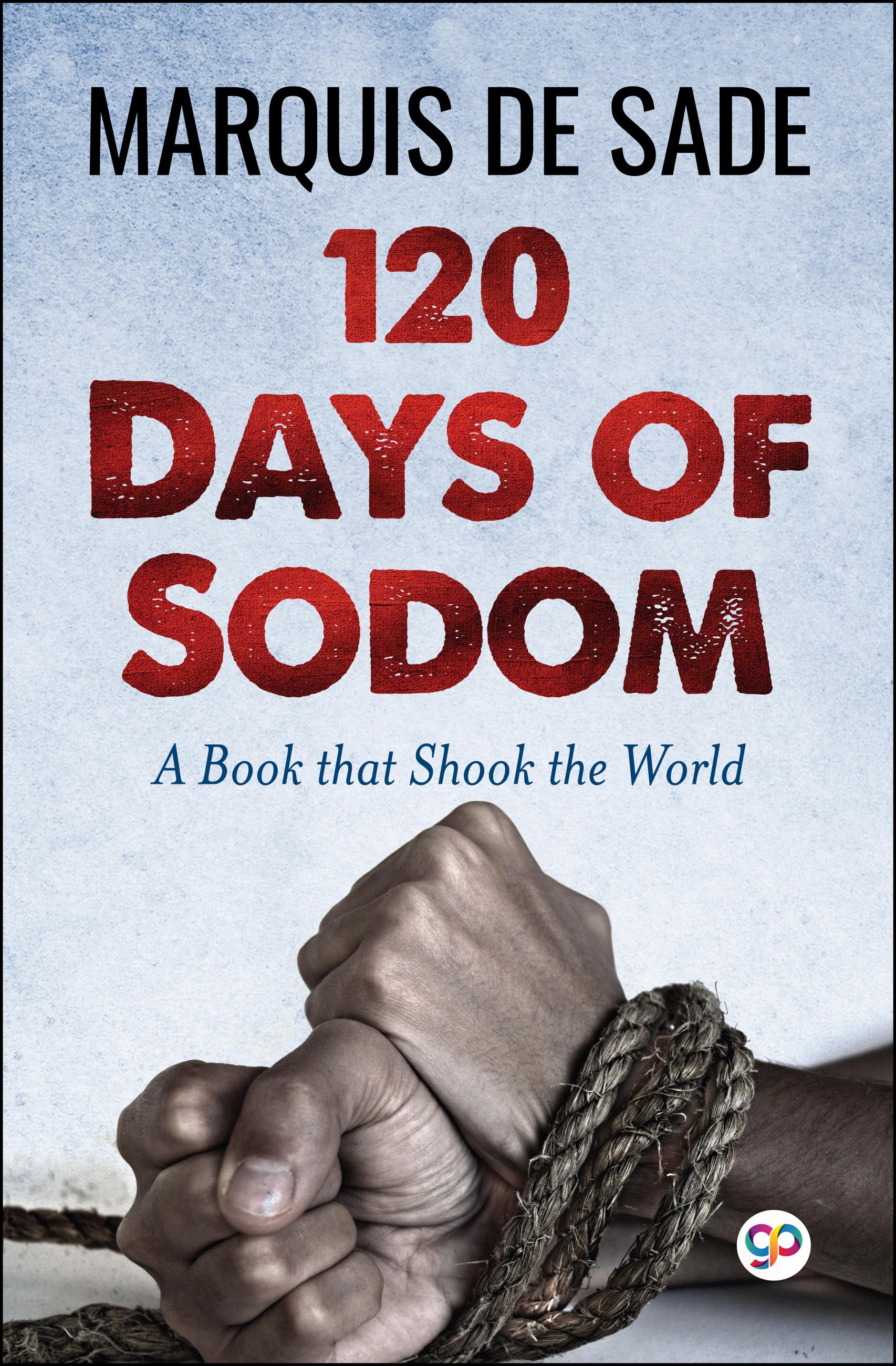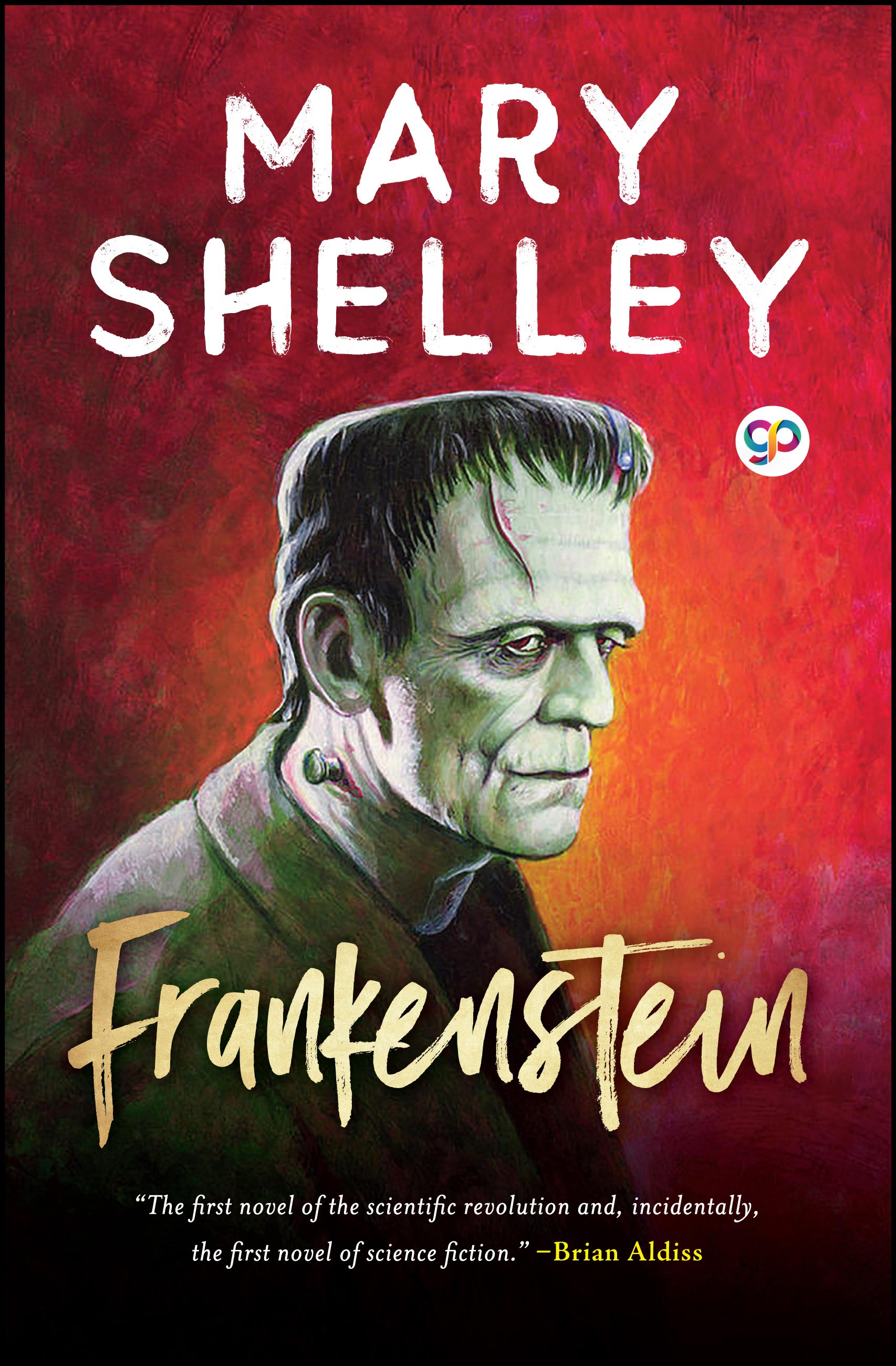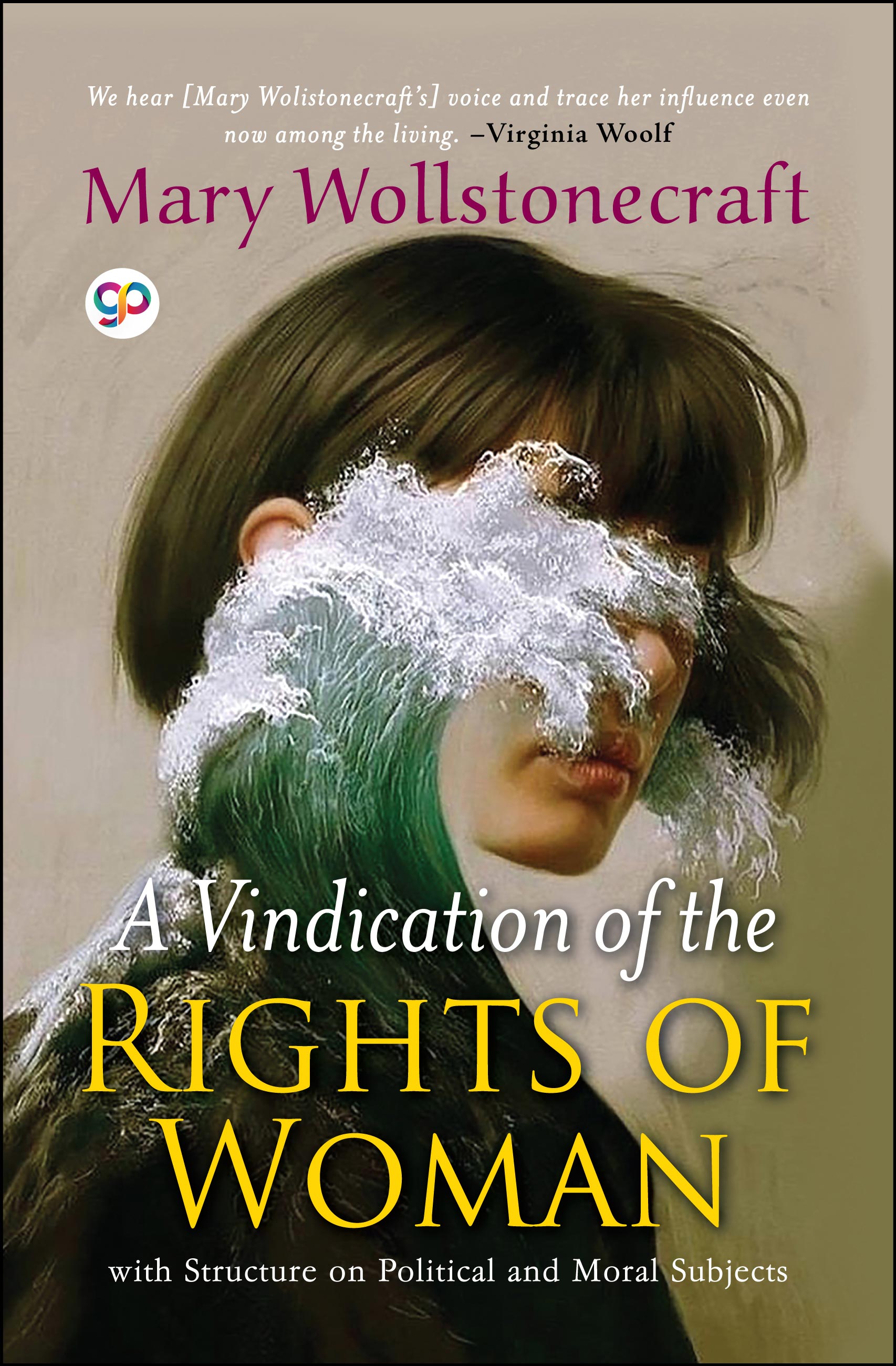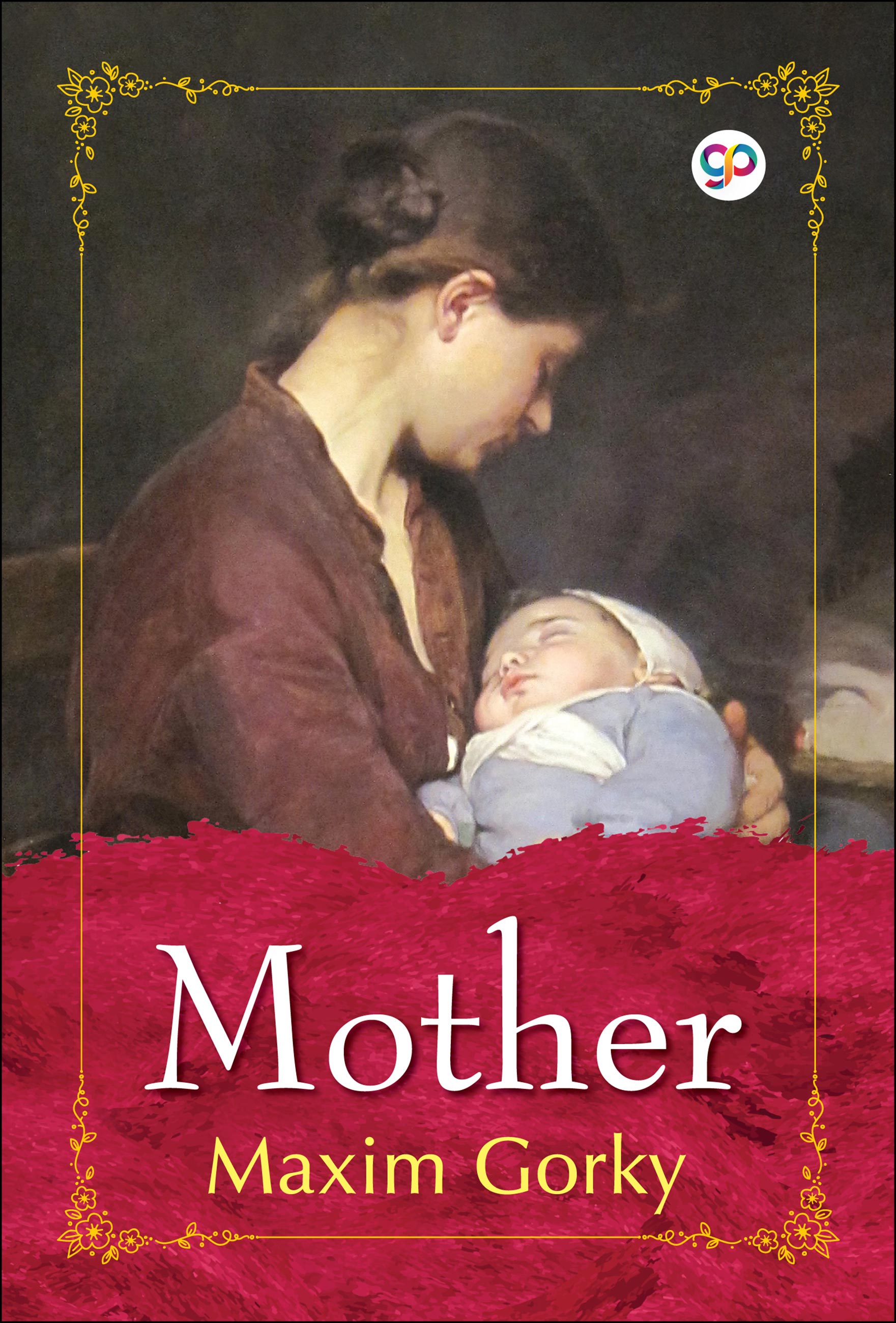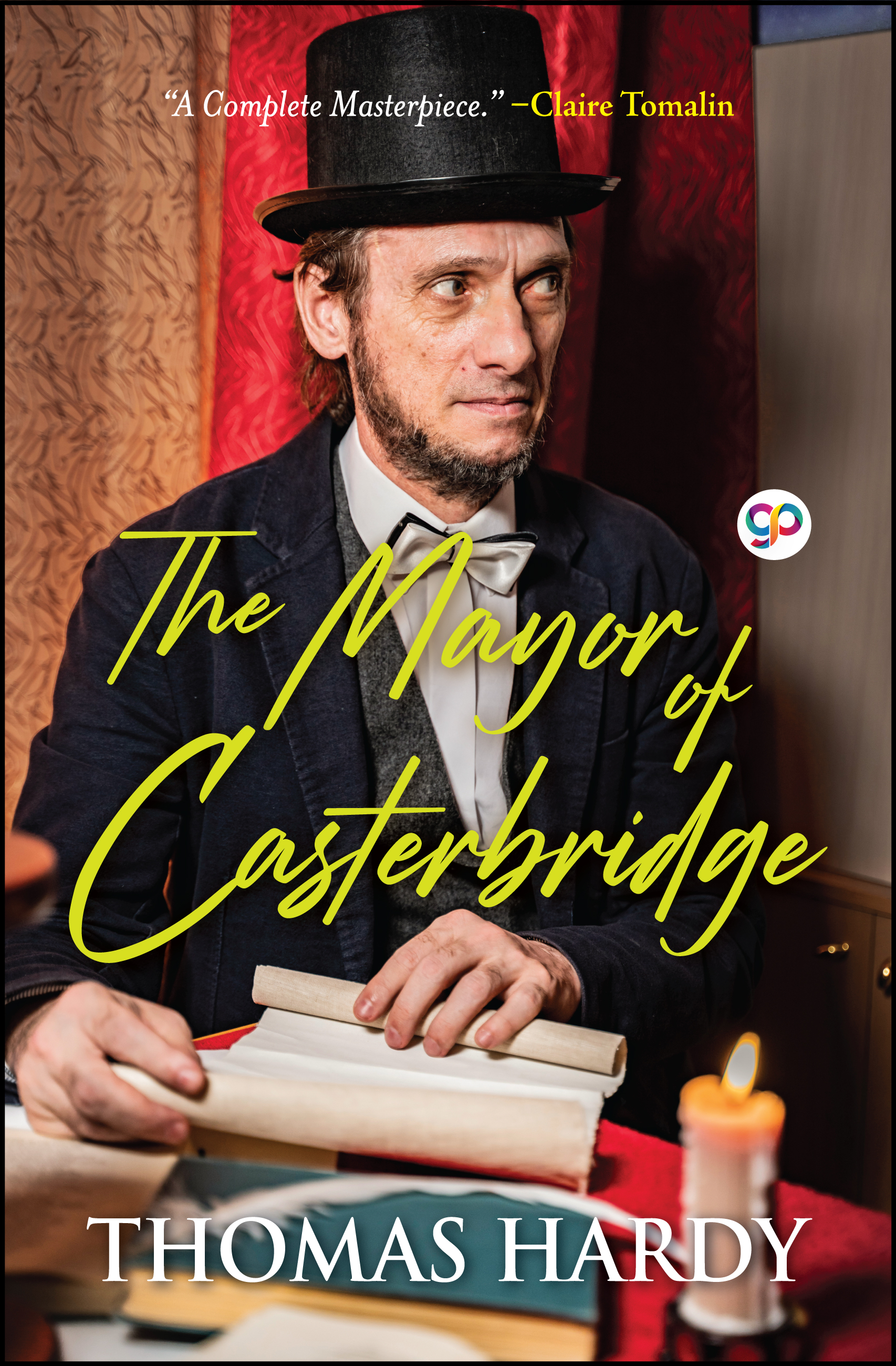
The Mayor of Casterbridge (eBook)
'The Mayor of Casterbridge' by Thomas Hardy was first published in 1886 and is regarded as one of his finest tragic novels. Hardy, known for his richly descriptive prose and deep psychological insight, often explored the conflicts between individual will and societal pressures, fate, and the changing rural landscape of Victorian England.
Set in the fictional town of Casterbridge, the novel tells the story of Michael Henchard, a proud and impulsive man who, in a moment of drunken folly, sells his wife and infant daughter at a country fair. Years later, he rises to become the respected Mayor of Casterbridge, only to have his past return to haunt him when his wife and now-grown daughter reappear.
As Henchard struggles to reconcile his past actions with his present status, his flaws—particularly his pride, temper, and inability to forgive—lead to his downfall. The novel explores themes of guilt, redemption, pride, and the cruelty of fate, portraying a powerful psychological portrait of a man undone by his own character.
With its emotionally charged plot and complex moral dilemmas, 'The Mayor of Casterbridge' remains a compelling study of human weakness and a testament to Hardy’s skill in blending realism with tragic storytelling.
BEST SELLERS
About the Author
Thomas Hardy was born in a cottage in Higher Bockhampton, near Dorchester, on 2 June 1840. He was educated locally and at sixteen was articled to a Dorchester architect, John Hicks. In 1862 he moved to London and found employment with another architect, Arthur Blomfield. He now began to write poetry and published an essay. By 1867 he had returned to Dorset to work as Hicks's assistant and began his first (unpublished) novel, The Poor Man and the Lady.
On an architectural visit to St Juliot in Cornwall in 1870 he met his first wife, Emma Gifford. Before their marriage in 1874 he had published four novels and was earning his living as a writer. More novels followed and in 1878 the Hardys moved from Dorset to the London literary scene. But in 1885, after building his house at Max Gate near Dorchester, Hardy again returned to Dorset. He then produced most of his major novels: The Mayor of Casterbridge (1886), The Woodlanders (1887), Tess of the D'Urbervilles (1891), The Pursuit of the Well-Beloved (1892) and Jude the Obscure (1895). Amidst the controversy caused by Jude the Obscure, he turned to the poetry he had been writing all his life. In the next thirty years he published over nine hundred poems and his epic drama in verse, The Dynasts.
After a long and bitter estrangement, Emma Hardy died at Max Gate in 1912. Paradoxically, the event triggered some of Hardy's finest love poetry. In 1914, however, he married Florence Dugdale, a close friend for several years. In 1910 he had been awarded the Order of Merit and was recognized, even revered, as the major literary figure of the time. He died on 11 January 1928. His ashes were buried in Westminster Abbey and his heart at Stinsford in Dorset.

